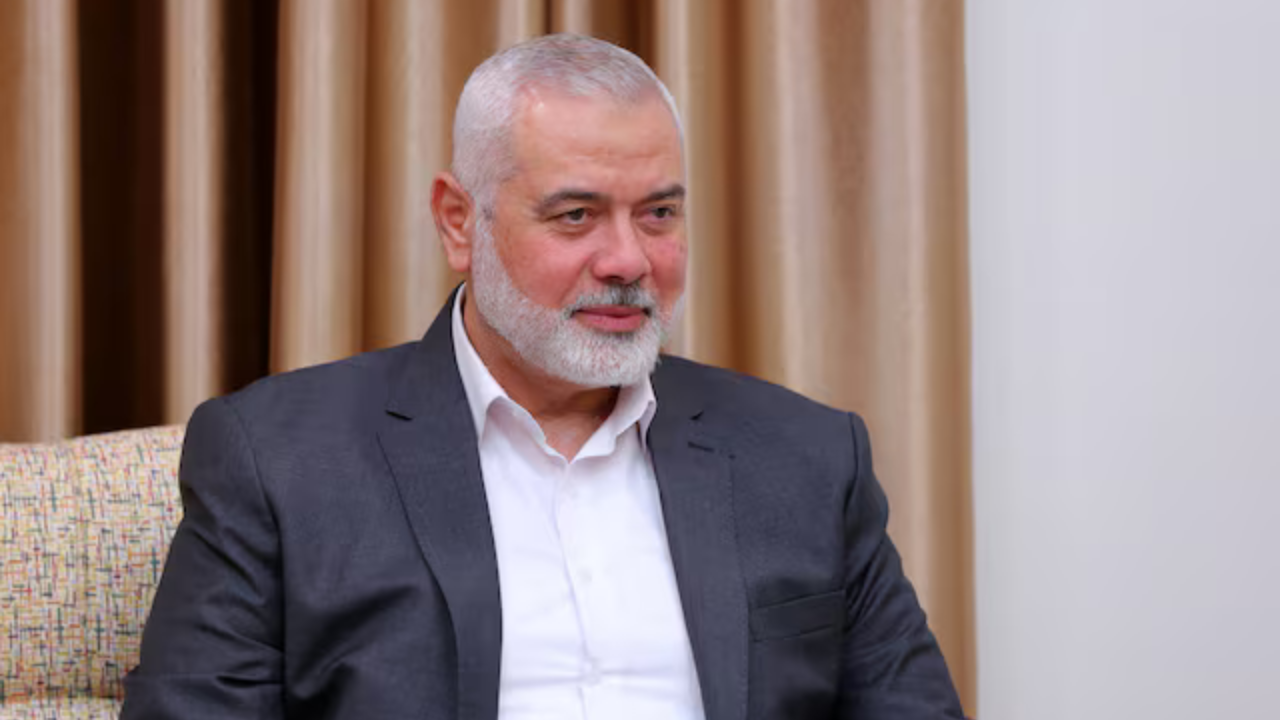Israel Wants "Security Envelope", No Hamas On Border: Netanyahu's Adviser
Israel will seek a "security envelope" with special zones and arrangements that will prevent Hamas from being positioned on its border after the war in Gaza is over, a senior adviser to Prime Minister Benjamin Netanyahu said on Saturday.

Israel will seek a "security envelope" with special zones and arrangements that will prevent Hamas from being positioned on its border after the war in Gaza is over, a senior adviser to Prime Minister Benjamin Netanyahu said on Saturday.
On Friday, Reuters reported that Israel has informed several Arab states that it wants to carve out a buffer zone on the Palestinian side of Gaza's border to prevent future attacks as part of proposals for the coastal enclave after the war ends.
Asked whether Israel was indeed seeking such a buffer zone, senior adviser Mark Regev told reporters: "Israel will have to have a security envelope. We can never again allow terrorists to cross the border and butcher our people the way they did on October 7."
Israel has suggested in the past it was considering a buffer zone inside Gaza, but the sources who spoke with Reuters said it was now presenting them to Arab states as part of its future security plans for Gaza.
"If you ask me about a buffer zone, let me be clear; you won't have a situation in the future where you can have Hamas terrorists on the border, directly on the border, positioned just to cross over and kill our people again," Regev said.
"That is not Israel taking territory from Gaza," said Regev. "On the contrary, that is creating security zones where you have a special situation on the ground which limits the ability of people to enter Israel to kill our people. It's common sense."
According to three regional sources, Israel related its plans to its neighbours Egypt and Jordan, along with the United Arab Emirates, which normalised ties with Israel in 2020.
They also said Saudi Arabia, which does not have ties with Israel and which halted a U.S.-mediated normalisation process after the Gaza war erupted on Oct. 7, had been informed.
The conflict broke out on Oct. 7 when Hamas crossed into southern Israel and killed 1,200 people, mostly civilians, in a rampage against kibbutzim and other communities. More than 200 hostages were taken back into Gaza.
Israel, vowing to wipe out Hamas once and for all, responded with a bombing campaign and ground offensive which has destroyed large areas of Gaza and killed, according to the enclave's health ministry, more than 15,000 people.
(Except for the headline, this story has not been edited by NDTV staff and is published from a syndicated feed.)



































![Safari Thorium Neo 8-Wheel Luggage Set Trolley Bags (Set of 3) at just Rs. 5,599 [MRP 29,100]](https://savefree.in/uploads/images/202409/image_870x580_66f63845060f0.webp?#)












![Handmade Brown Mango Wood Chopping Board At just Rs. 89 [MRP 599]](http://savefree.in/uploads/images/202303/image_870x580_641bf7e9c2206.jpg?#)



